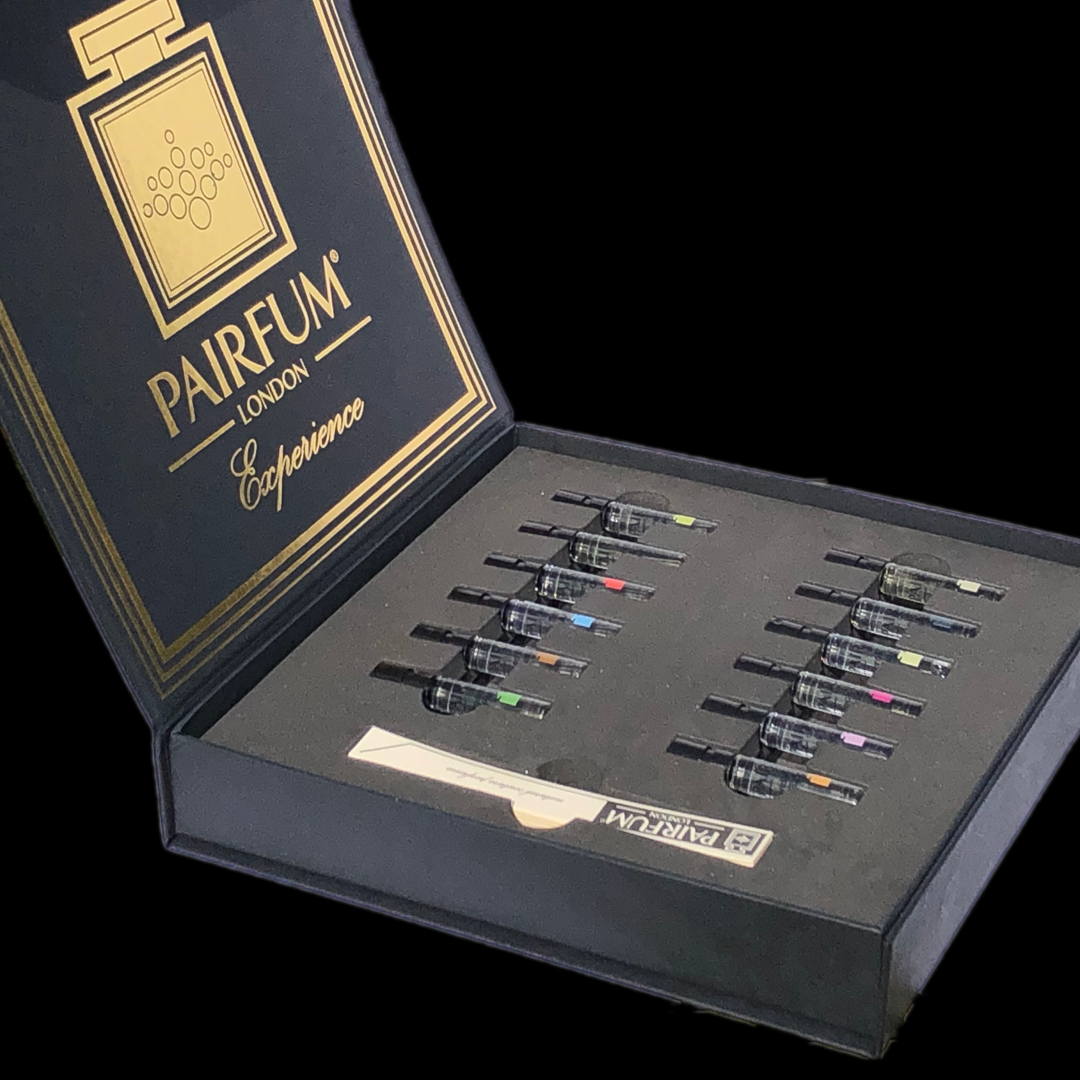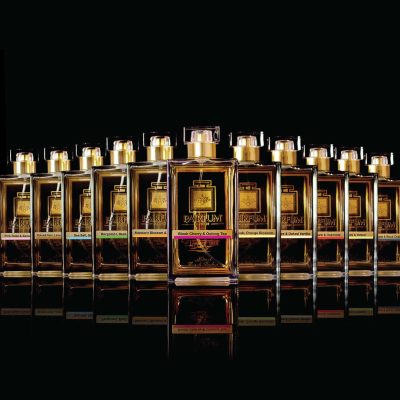The Importance & Meaning Of Natural Perfume
What is a Natural, Clean or Vegan Perfume? What are the Manufacturing Processes for Natural Perfumery Ingredients?
Content
We have split this article into the following sections from top to bottom:
- Why Natural Perfume?
- The definition of 'Natural Perfume' compared with other fragrance types.
- An introduction to the different manufacturing processes of natural perfumery ingredients.
- What holds the Future of Natural Perfume?
We invite you to scroll & skip to the section that interests you the most.
Natural Perfume is no longer Obscure or only for Connoisseurs & Parfumistas
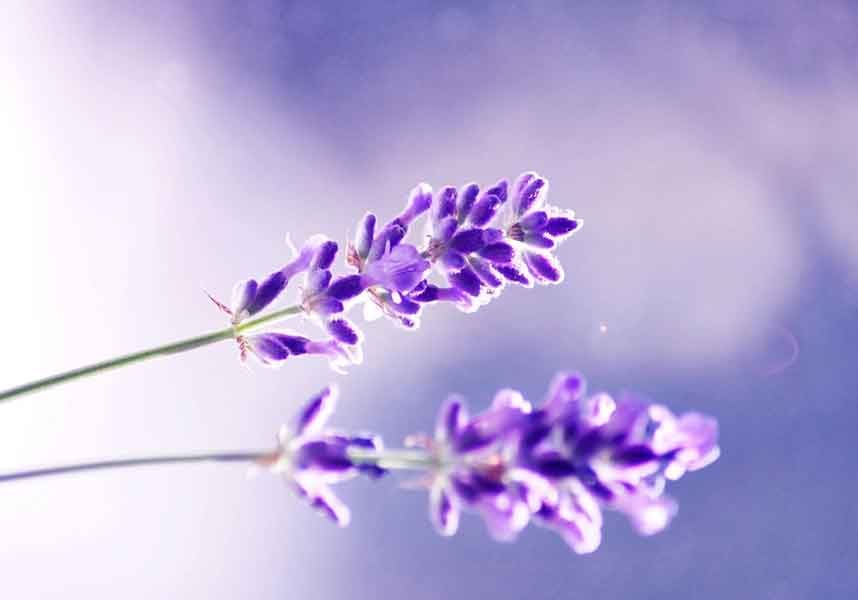
1. Why Should You Consider Wearing Natural Perfume?
For those with sensitive skin or allergic reactions, finding a high quality organic and natural perfume is a challenge at the best of times. Particularly, if you wish for the natural perfume to carry the same fragrance as its synthetic twin.
Those who elect to go for a natural perfume also have incredibly high ethical standards - and so they should.
But it is essential that you are able to complement your arsenal of other ethically sourced beauty products when it comes to your natural perfume and fragrance repertoire.
Reputable but more boutique and niche perfumery houses such as Pairfum - London cater for those with allergies or skin sensitivity and place the enjoyment of being able to wear luxury fragrances within their grasp. All whilst maintaining outstandingly high ethical standards.
These moral justifications are not the only reasons why wearing an organic and/or natural perfume should be high on your agenda. There are also huge environmental and health benefits. You may have noticed the side effects of some perfumes being headaches or even possible nausea. This is avoidable with organic and natural perfumes.
Fragrances made using natural essential oils bring out physical as well as emotional healing properties. Such states that could be created can vary from calming and relaxing to mood-lifting and energy-enhancing.
We are passionate about natural ingredients in perfumery.
The Growing Demand For Natural Perfume
At present, consumers are in a very fortunate position because earth-friendly and natural perfumes and beauty products are no longer necessarily associated with a compromise in curb appeal or effectiveness. In fact, due to super-food ingredients, plant-based products are often coveted as more effective perfumes.
'Going Green' has become a strong trend and now (while it still can remain a challenge) makes regular appearances in mainstream conversation. However, simply because the fragrance is described as a ‘natural perfume’ or as good for the planet, it isn't necessarily always the case.
As one would expect, this can cause outrage for those who hold themselves to higher ethical standards when they are betrayed by brands they know and love.
On the other hand, a bit of education goes a long way. Once the technical terminology has been broken down, telling the difference between a truly natural product vs their synthetic counter arts is not as challenging as it may first appear.
At Pairfum London we want to remove this challenge completely.
Rise Above the Mere Functional
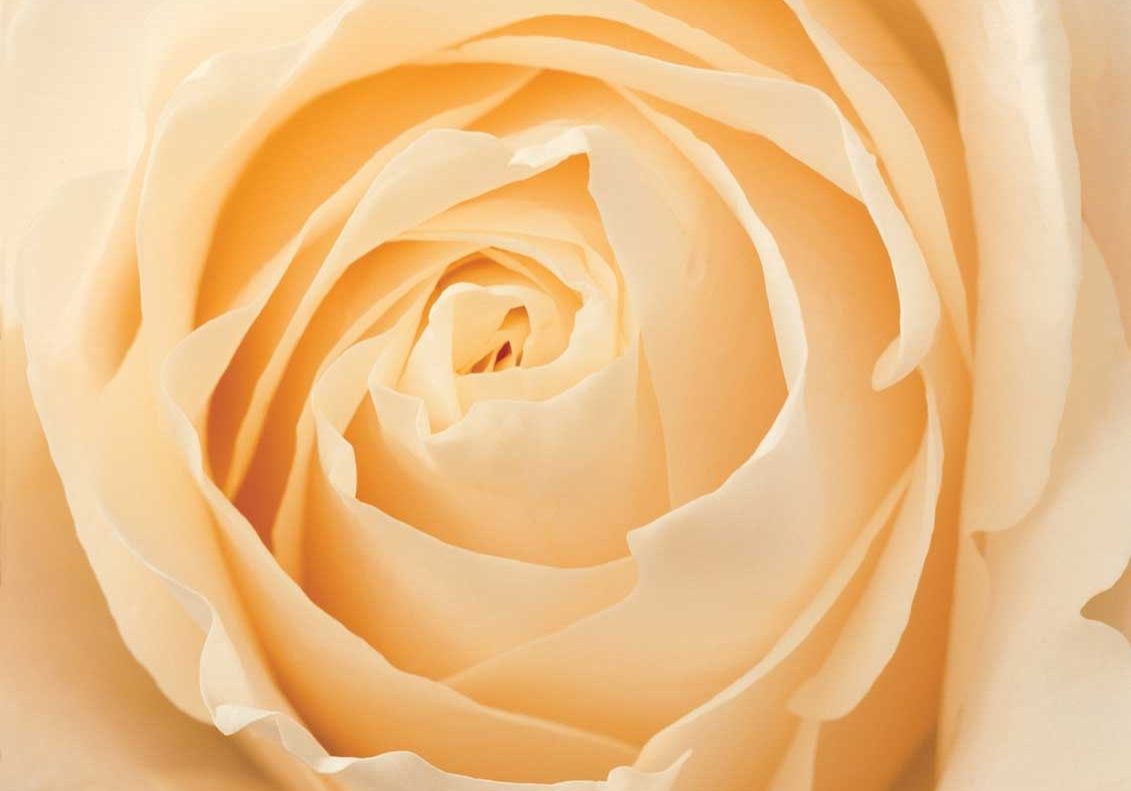
2. How Is 'Natural Perfume' Defined?
While we may share these high standards in our natural perfumes, other brands and beauty products can play fast and loose with the truth. Many titles can be misleading so we like to guide our customers through the definitions and differences between industry terms such as fair trade, natural, organic, clean, and vegan.
The most important piece of information you should arm yourself with is that there are little to no legal definitions or requirements for a product to be described as vegan, organic or natural.
There is one major piece of legislation that is enforced by INCI (International Nomenclature of Cosmetic Ingredients). This requires the ingredients of a perfume to be listed from the highest percentage to the lowest. Brands do like to add flair to their ingredients lists by using scientific or Latin names rather than their more common names. An example would be the use of the word ‘aqua’ instead of water.
There are online cosmetic dictionaries that can help you make sense of these conundrums but we invite you to allow us to walk you through these terms whilst sharing with you our favorite in-house ranges.
If you are truly struggling with the terminology, then we might recommend Cosmeticsinfo.org
Below we expand on various definitions and misinterpretations in perfume and fragrance ingredients:
- Natural & Organic Perfume
- Clean or Pure Perfume
- Fair Trade Fragrances
- Vegan and Cruelty-Free
Experience Natural & Luxurious Niche Perfume

Natural & Organic Perfume
Ironically we used the term ‘natural perfume' in the title for this article, but ‘natural’ is considered one of the most prolific and overused adjectives in the industry.
The principal reasons for this are two-fold:
- customers prefer natural or organic products in the hope that these are safer and eco-friendly,
- in order to use the term 'natural', the product only has to contain a mere 1% of plant-based ingredients or minerals from a natural origin. Similarly, an 'organic' product only needs to contain 20% of organic ingredients.
Natural typically means that the ingredient stems from a natural and renewable source, e.g. not petroleum.
Organic ingredients go a step further and specify that the natural ingredients were produced without the use of pesticides and insecticides.
Neither 'natural' nor 'organic' ingredients refer to the 'safety' of an ingredient and instead refer to their natural origin and agricultural production process.
When selecting a natural perfume or beauty product, read the ingredient list and check for indications such as botanical ingredients and natural extracts being referred to by their Latin or scientific names. If unsure, double-check the Latin translation in a cosmetic dictionary.
The earlier an ingredient is listed within this list, the higher its concentration within the product.
Unfortunately, this can be very time consuming and it is much more convenient to look for products that state on their packaging the percentage of naturals they contain.
The logos of accreditation agencies, e.g. Soil Association, Cosmos, Natrue, ... can also be helpful but the costs involved, time required and bureaucratic hurdles tend to favour multinational corporations and hinder the smaller, niche companies that may be much more ethical and natural in their products.
It is important to keep in mind that natural and organic products do have significant downsides such as a shorter shelf life, discolouration in the sun, higher cost, temperature sensitivity, etc.
All natural products will contain preservatives but these are either natural or the preservative effect is a by-product, e.g. alcohol has a natural preservative effect in Eau de Cologne / Toilette / Parfum and Aftershave.
Natural Perfumes are suitable for both Men & Women
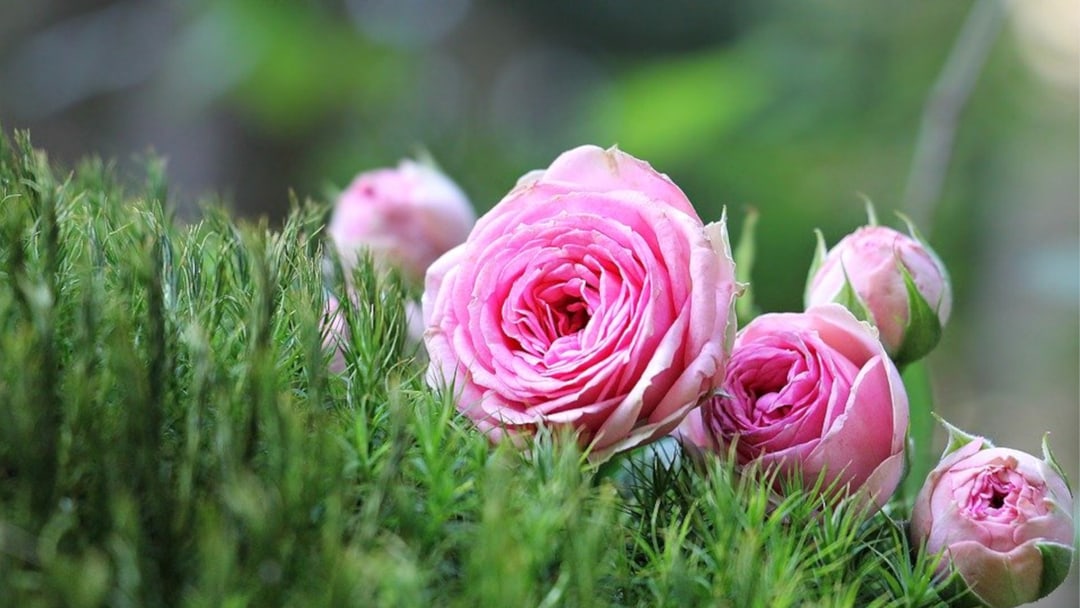
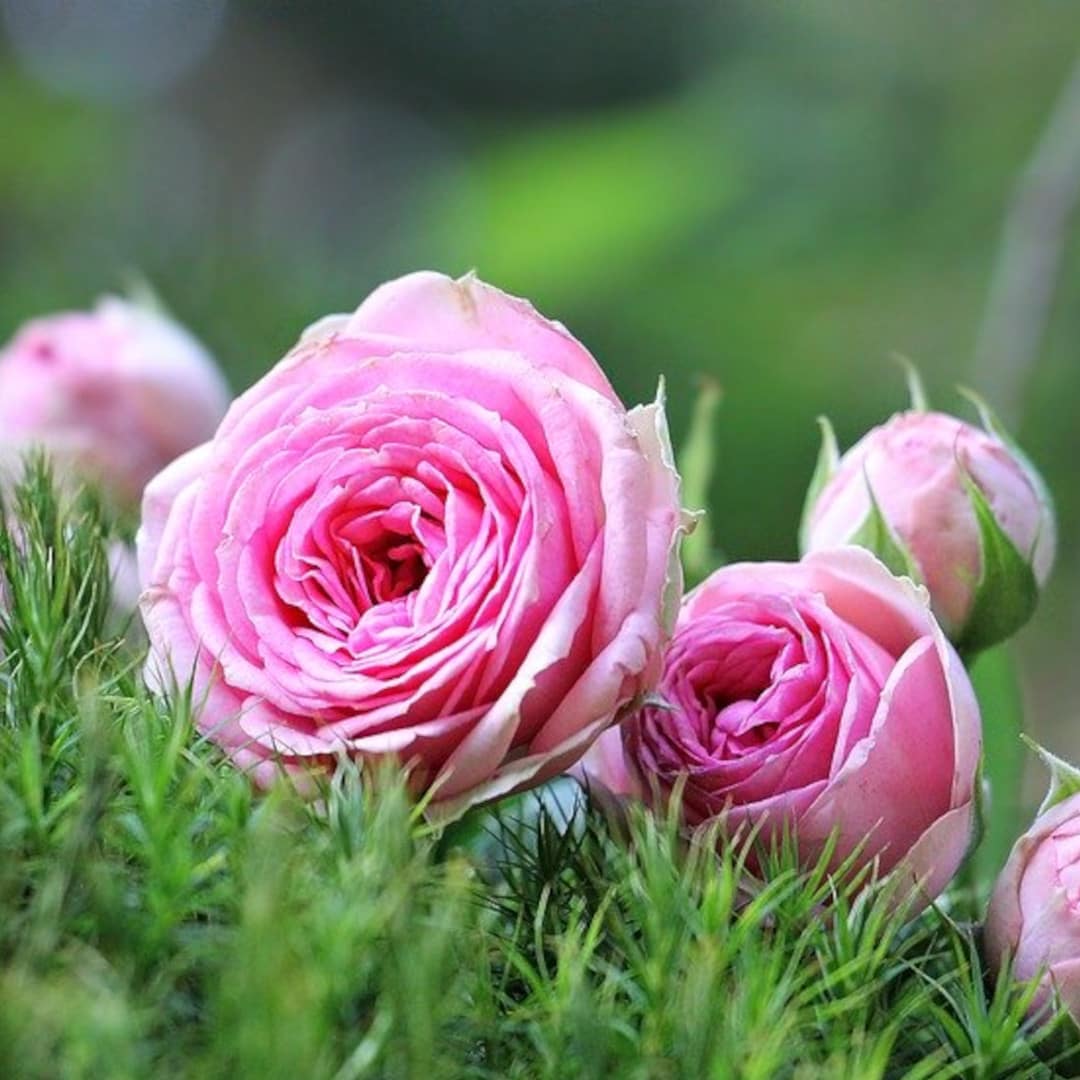
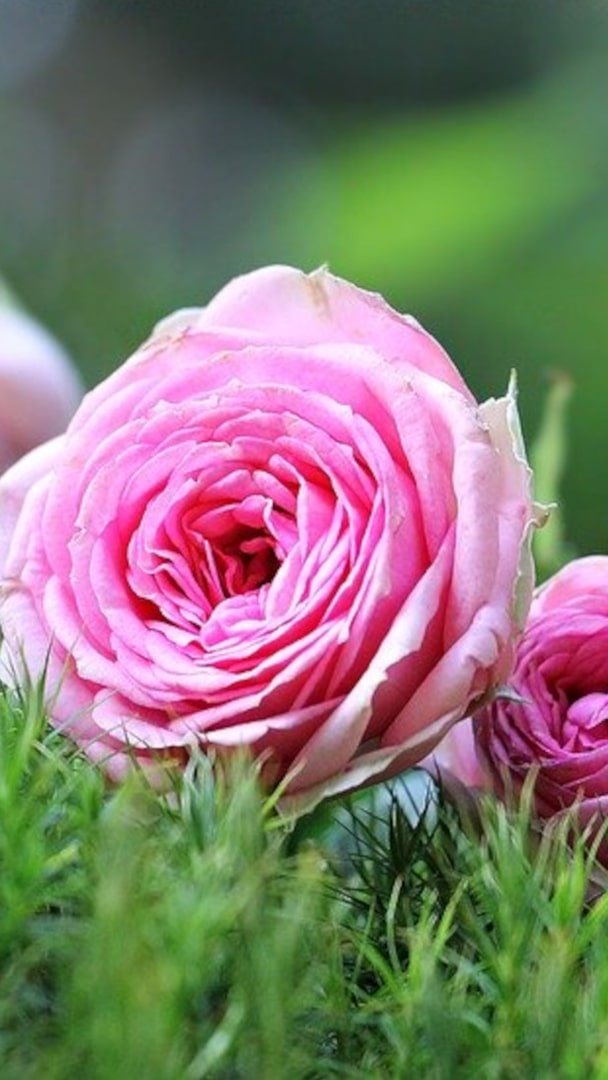
'Clean' versus 'Pure' Perfume
'Clean' ingredients frequently confuse because they mix two aspects:
- the 'cleanliness' or 'purity' of an ingredient, and
- the 'safety' of an ingredient.
The 'Safety' of an Ingredient
For example, the EU requires that any potential sensitivity causing allergens must be listed on the labelling. Such ingredients are found in italics at the bottom of the ingredient list.
An Ingredient's 'Purity'
‘Clean’ ingredients or products are defined as those that are free from pesticides, fungicides and other impurities in general.
Especially in perfumery, the word 'pure' causes a lot of confusion because a 'pure perfume' refers to the concentration of the fragrance oil inside a perfume. It does not refer to the purity of the ingredients used.
Colloquialism
Colloquially speaking 'clean' products are frequently referred to as products that are free from parabens, sulphates, phthalates, silicones, synthetics, colourants and other petroleum derived materials.
Even experts can't agree on a precise definition and daily we come across new definitions of 'clean' or 'pure' products.
We advise to use 'common sense' when reviewing products with these claims.
Enjoy Naturally Pure Ingredients In Perfumery

'Fair Trade' Fragrance
The 'Fair Trade' movement endeavours to develop an arrangement that helps the producers in developing countries to achieve sustainable and equitable trade relationships. This typically entails the payment of a higher price to the local or small scale farmer for their crop, improved social welfare for the workers and higher environmental standards for the benefit of future generations.
As you can see, 'fair trade' usually refers to the production of the ingredients and not necessarily to the product itself.
This can be confusing because the fair trade logo is scattered across all types of products in the aisles of supermarkets, department store and speciality shops.
The same applies to the ingredients used in fair trade perfume. In the last decade, the perfume industry as a whole has made fantastic progress in this area and cases of exploitation during the production of fragrance ingredients in the developing world are becoming extremely rare.
Fragrance Ingredients are Traded Fairly
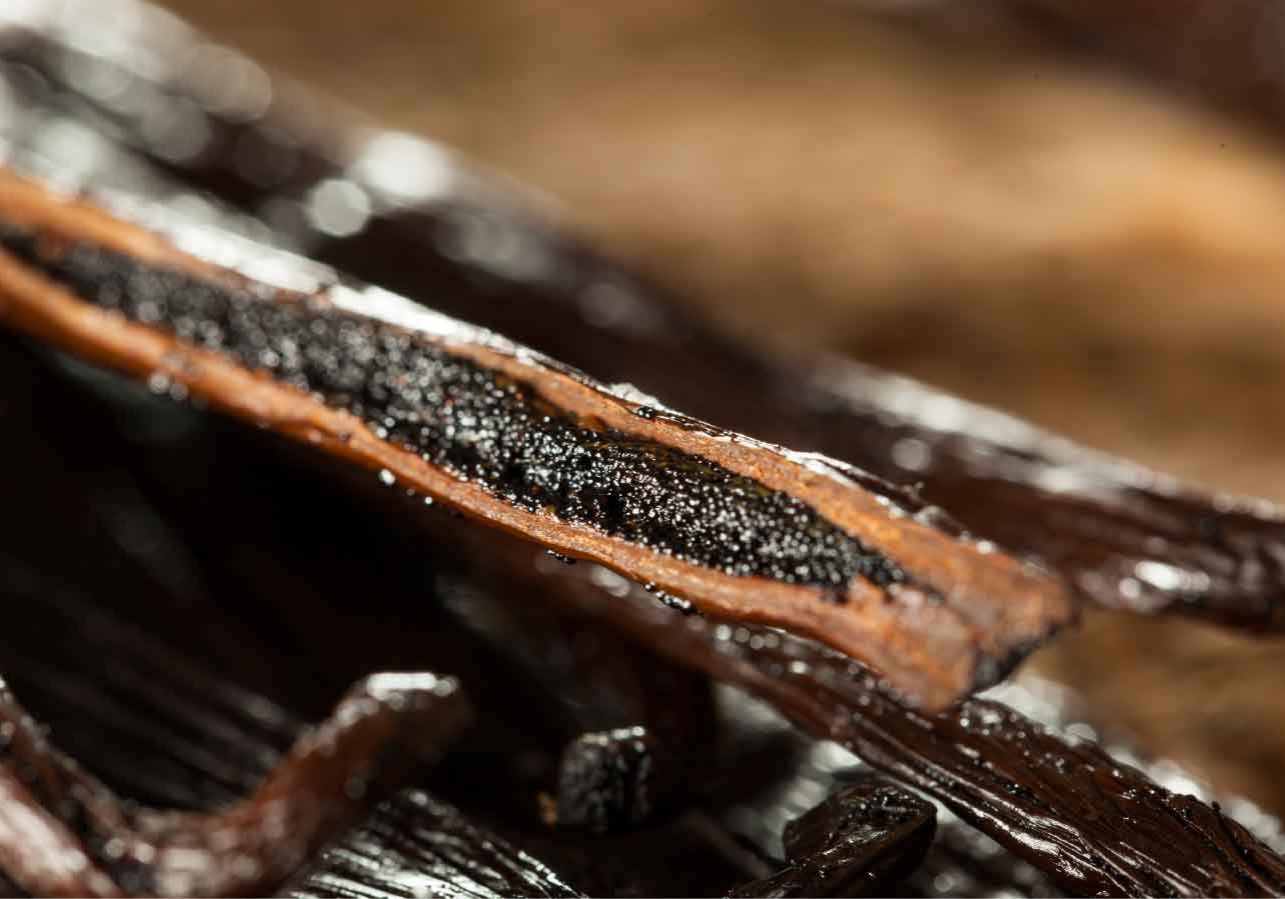
Vegan and 'Cruelty-Free' Perfume
'Vegan' and 'Cruelty Free' mean completely different things:
1. Vegan: A product can be classed as 'vegan' when it does not contain any animal products or animal-derived ingredients / rawmaterials.
2. Cruelty-Free: This refers to materials that were produced without cruelty to animals. It also includes the testing of products.
To avoid any doubt, 'vegan' describes the ingredients and not the production process. It is entirely possible that a 'vegan' product was tested on animals!
On the other hand, 'cruelty-free' typically refers to the ingredients, rawmaterials, components and final product NOT having been tested on animals. This definition refers to the 'testing' and not the ingredients.
Consequently, it is possible that a cruelty-free product contains ingredients that are NOT vegan.
The following are or can be animal derived ingredients: honey, beeswax, lanolin, talcum powder, gelatin or collagen.
We would actually like to go a step further: in our opinion the definition of 'cruelty-free' should also include that no animals were misused during the production process of the product. In many 3rd world countries, animals are still being abused during the transport or manufacturing of products.
The history of perfume is littered with stories about cruelty to animals for the production of fragrant ingredients. We do not wish to describe these here and they have long been discontinued by responsible perfumery houses.
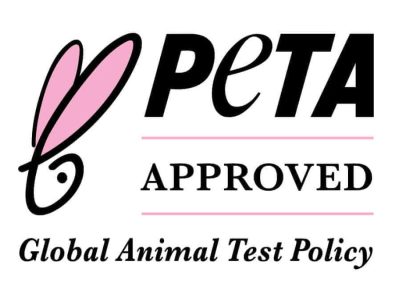
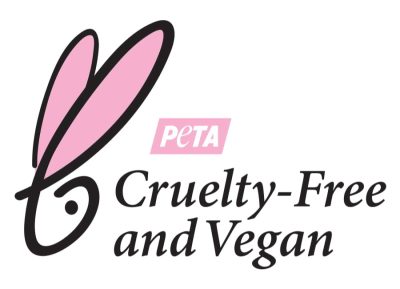
Enjoy a Vegan Perfume with 'Cruelty-Free' Ingredients
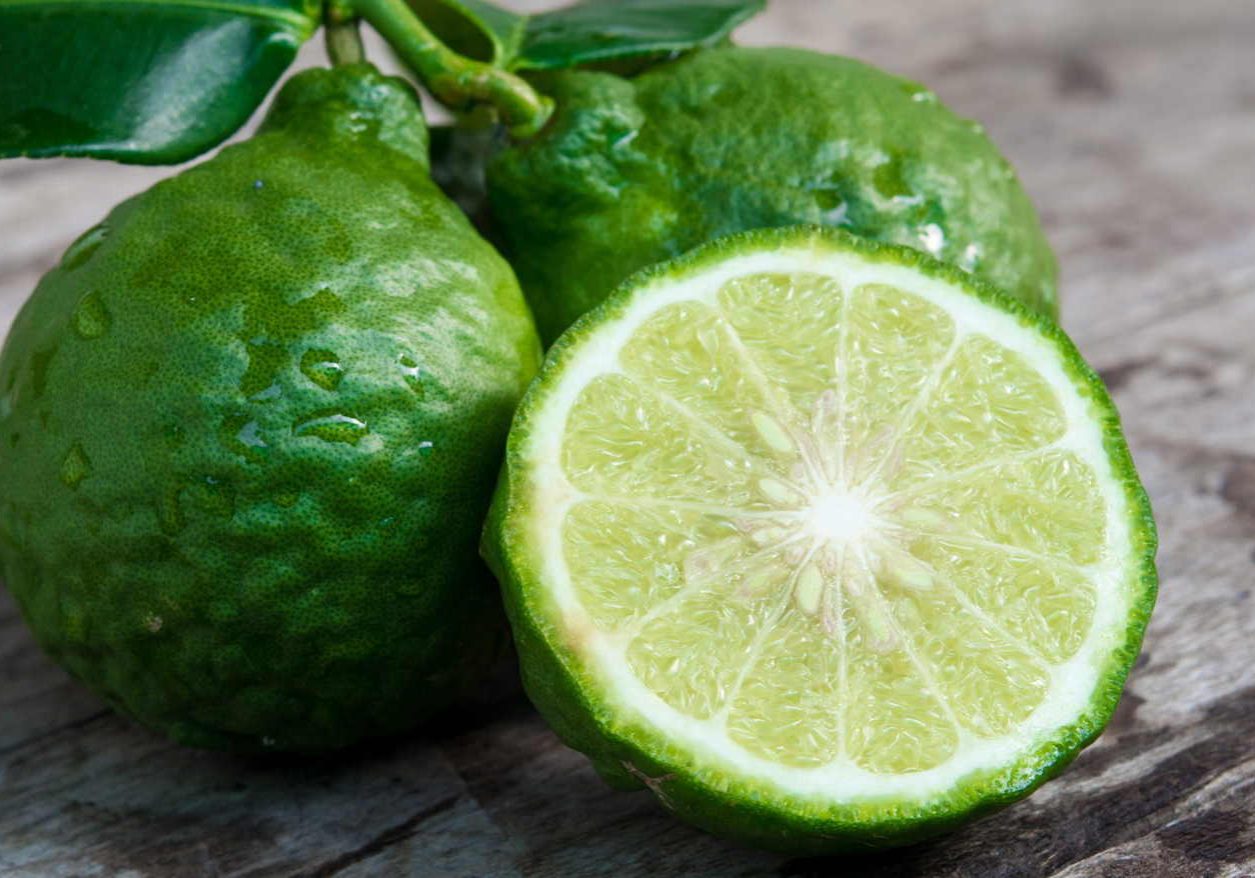
3. Manufacturing Processes of Natural Perfume Ingredients
Niche Perfumery Houses can choose from thousands of natural fragrance ingredients during the creation of their perfumes.
The diverse manufacturing processes used to produce these natural & high quality fragrant rawmaterials are diverse, ranging from traditional to modern.
The skills and methods used are specific to each ingredient, and some have been fine-tuned and perfected over decades, e.g. distillation.
In this article, we outline below the main types:
- Expression
- Distillation
- Extraction & Enfleurage
- Supercritical CO2
- Bio-Fermentation
Natural Ingredients & Production Processes
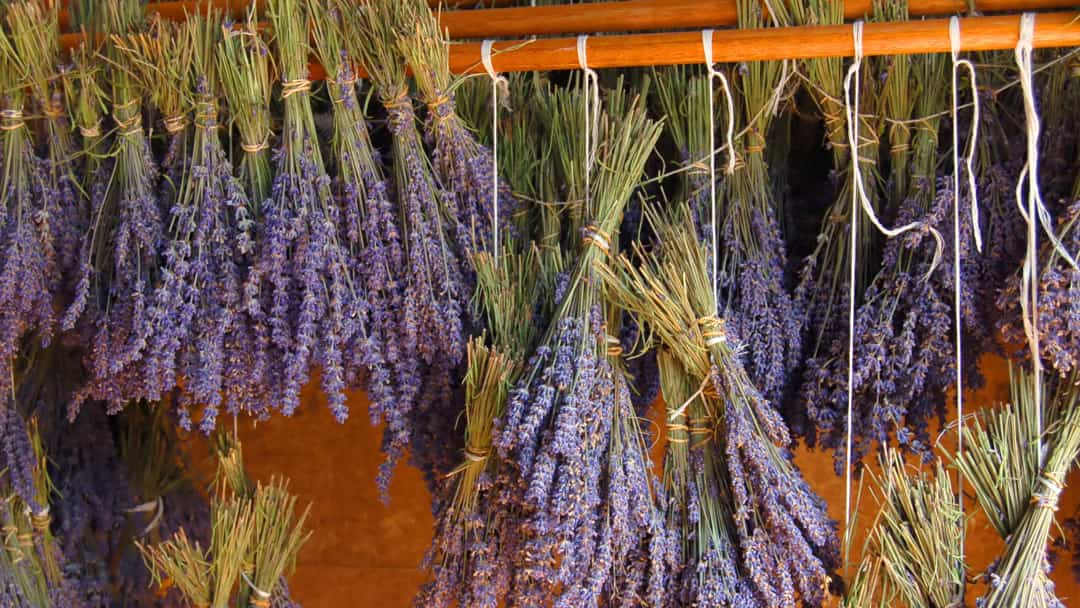
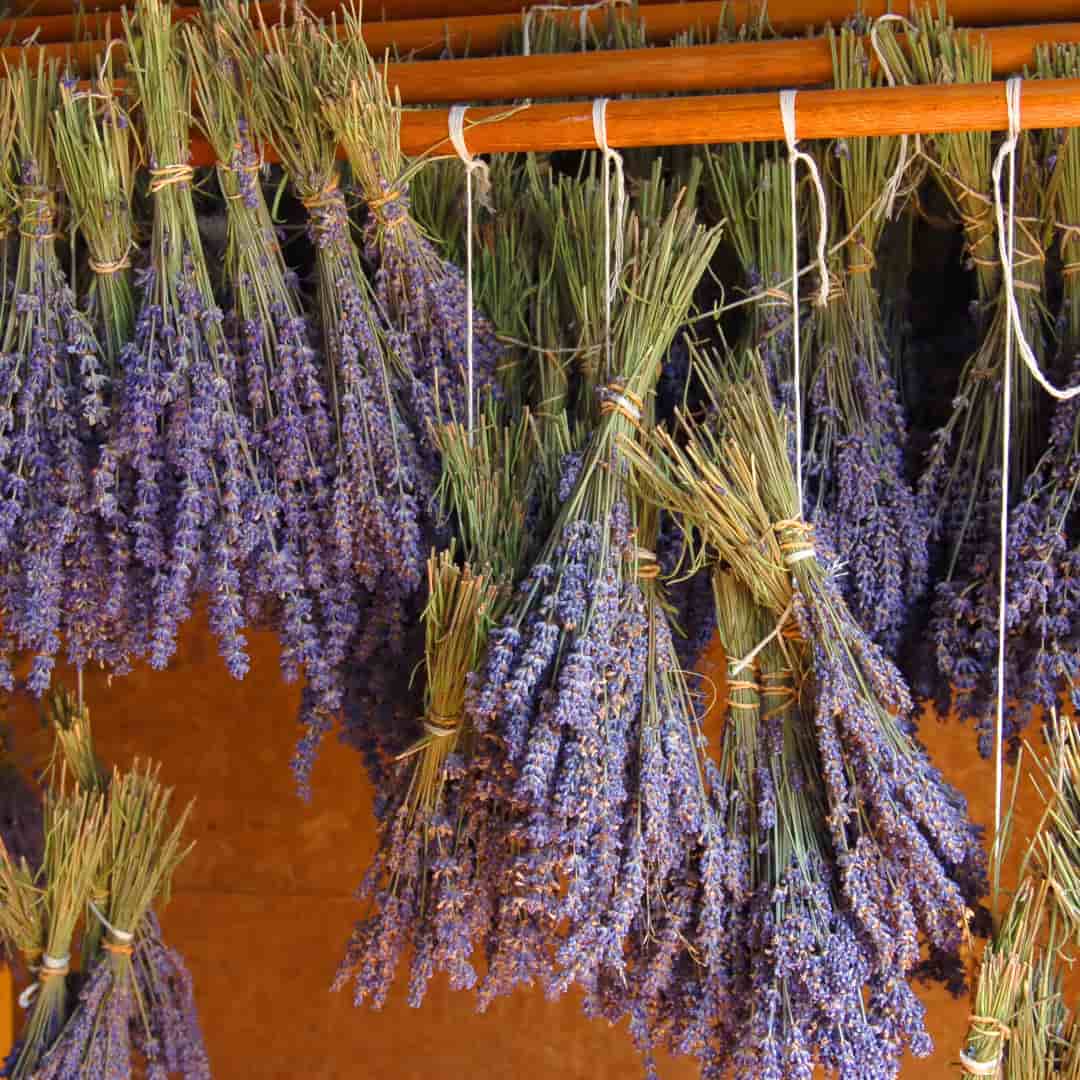
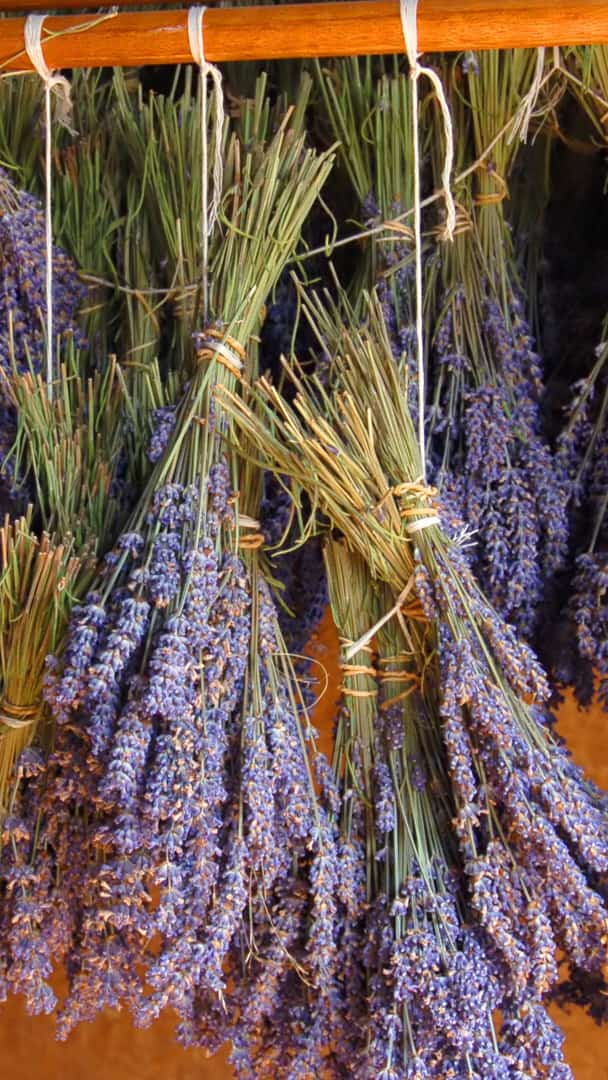
Expression
The expression process is more or less uniquely reserved for citrus fruits because their peels are the only ingredients to have enough natural essences for the process to be worthwhile.
This niche process involves the fruit being peeled, then the peel is mechanically pierced and pressed with numerous small holes.
The remaining liquid is poured onto wet paper where it settles and is then filtered through, which separates the essential oils from the more aqueous parts.
Fruits such as oranges and lemons should not be subject to a treatment involving heat because their fresh and bright aromas are too delicate. Therefore, a process featuring a cold-press is more appropriate.
Nature and Perfumery form a Magical Partnership
There are thousands of natural ingredients at the disposal of perfumery houses
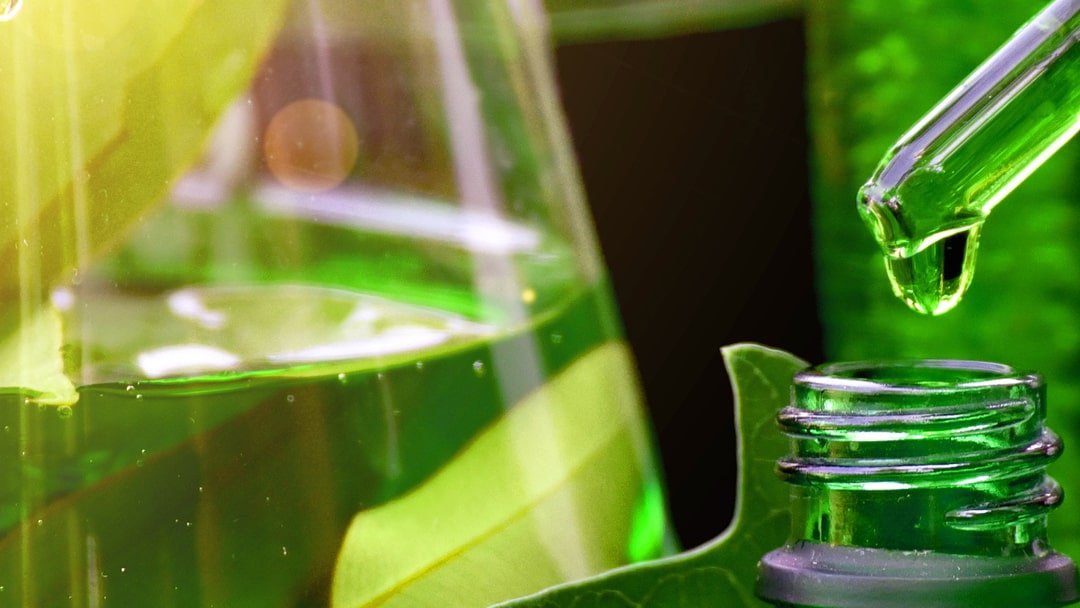
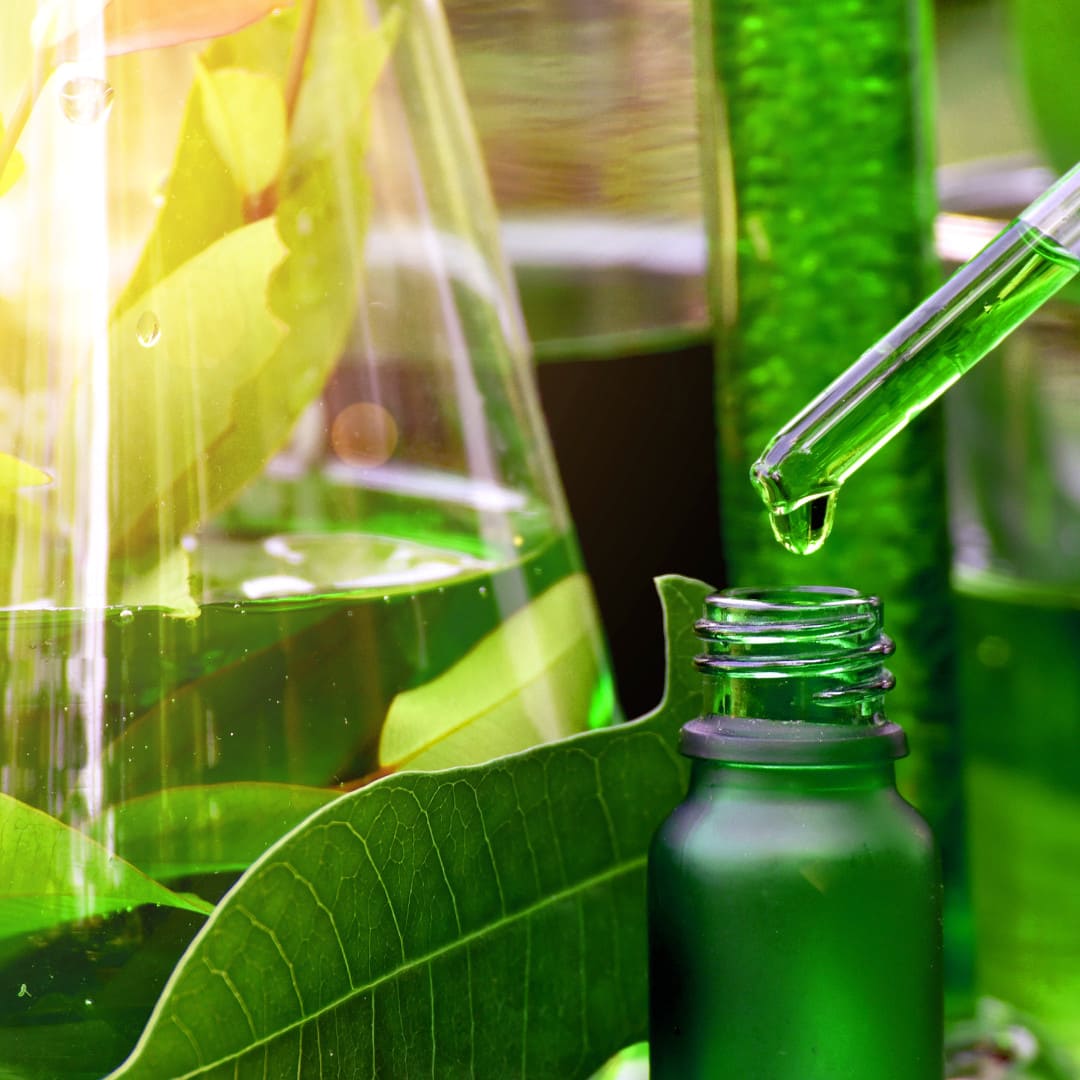
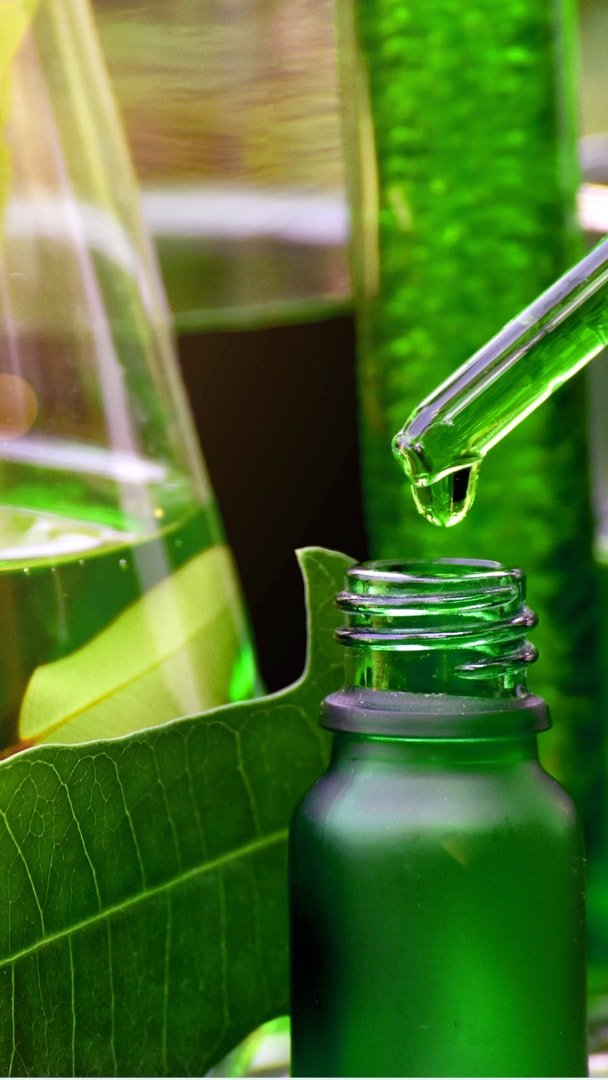
Steam Distillation
Often described as the separation of solids from other various volatile elements within a blend, distillation relies on a process of the evaporation of a mixture of aromatic plant material and water.
The steam, within which the aromatic elements are carried, escapes through a distillation tube where it is collected in a Florentine flask once it cools down.
Sequentially, after a decantation period, the water is separated from the aromatic elements which are collected and labelled as “essences”.
To obtain "true essential oils" Steam Distillation and Expression are currently the only two methods at our disposal.
Choose 'Authentic' Natural Products
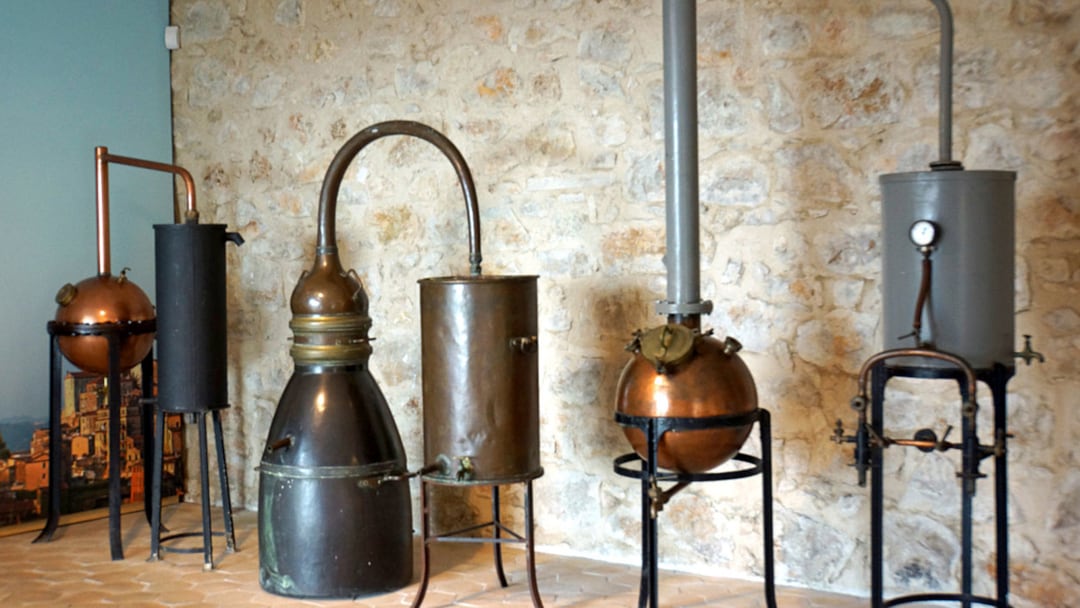
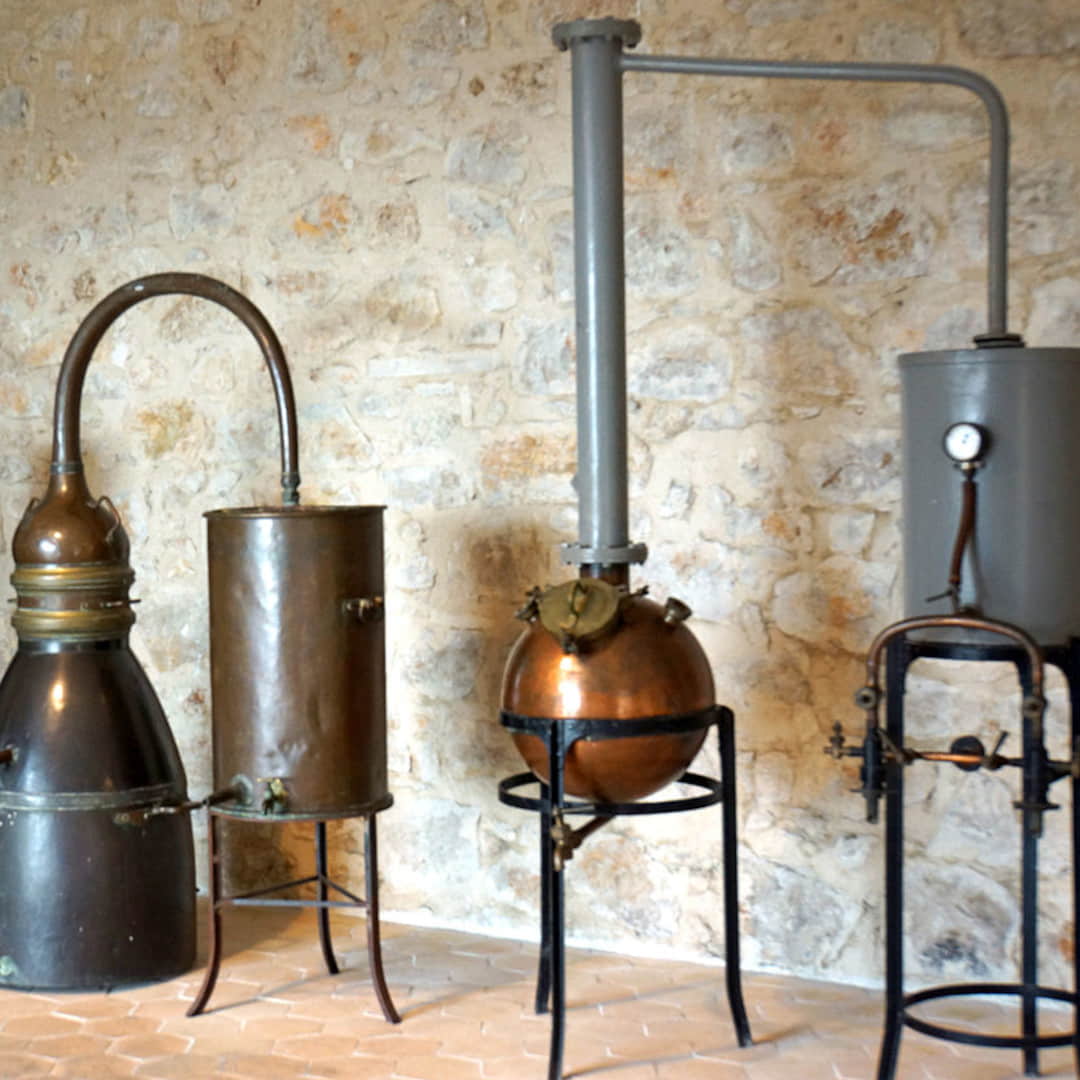
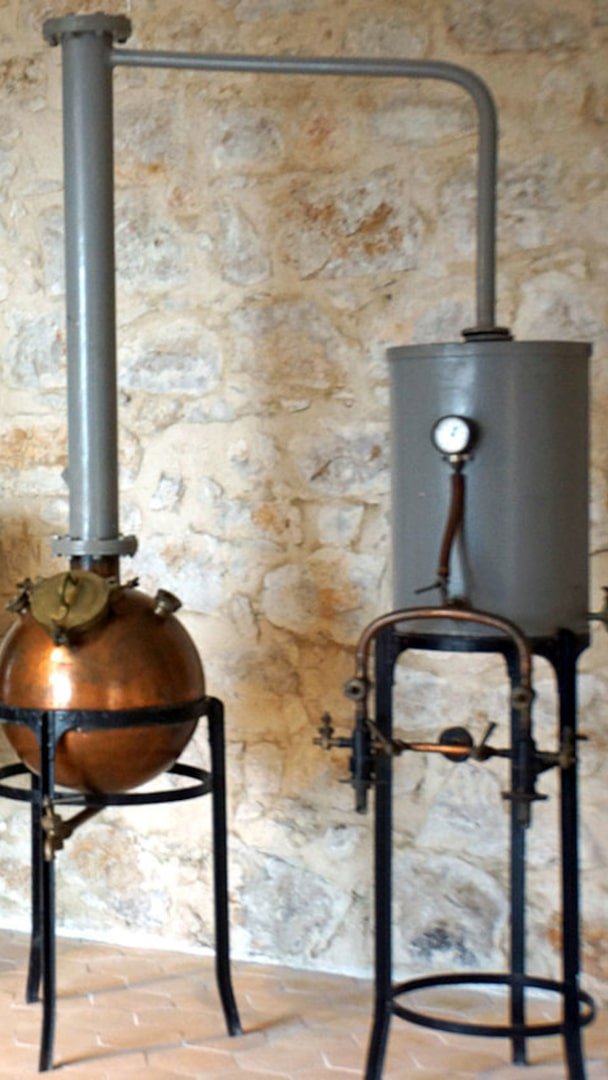
Extraction & Enfleurage
This method is developed from the oldest (and now outdated) process called Enfleurage. Enfleurage used cold fat which acted as a solvent that absorbed all odoriferous substances from the plant material it makes contact with.
The process of enfleurage is slow, manual and inefficient. For example, in the image below you can see how Jasmine blossoms have been placed by hand on a frame with fat or lard. After a few days, these blooms are being replaced with fresh flowers. This process is repeated several times until the fat is saturated.
It illustrates how slow but also inefficient this process is, as not all odorous materials can be extracted in this fashion.
One great advantage is, however, that the process is very gentle and does not destroy ingredients during the extraction, e.g. the process is 'cold'.
The first 'pomades' were created in this fashion.
Today, volatile solvents (such as carbon dioxide, butane, hexane, methanol, toluene, and ethanol) replace the more traditional animal fat. The main advantage of these volatile solvents is that they are later eliminated easily through evaporation, while a waxy substance called 'concrete' remains.
The concrete is mixed with alcohol, then heated and later chilled. Throughout this process, the wax and plant matter is removed from the concrete.
Finally, once the alcohol has disappeared through evaporation, a pure fragrant product is all that remains.
Jasmine Petals, Enfleurage and the Pomade
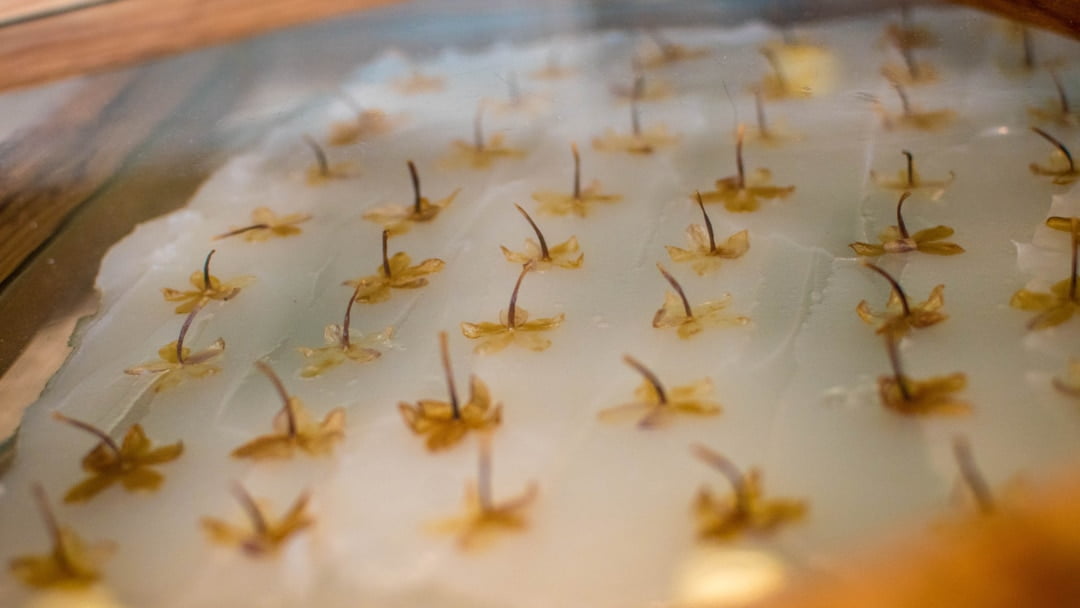
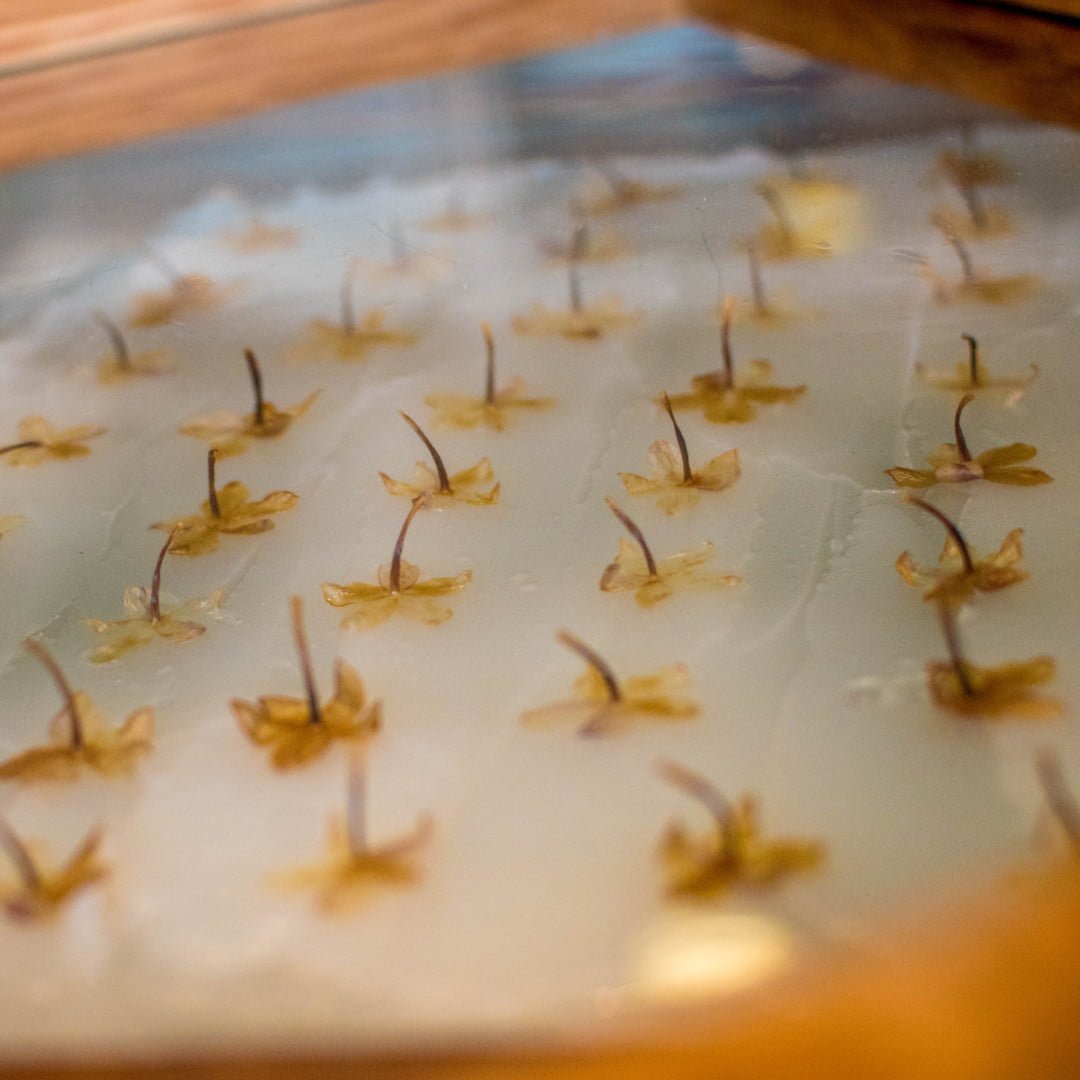
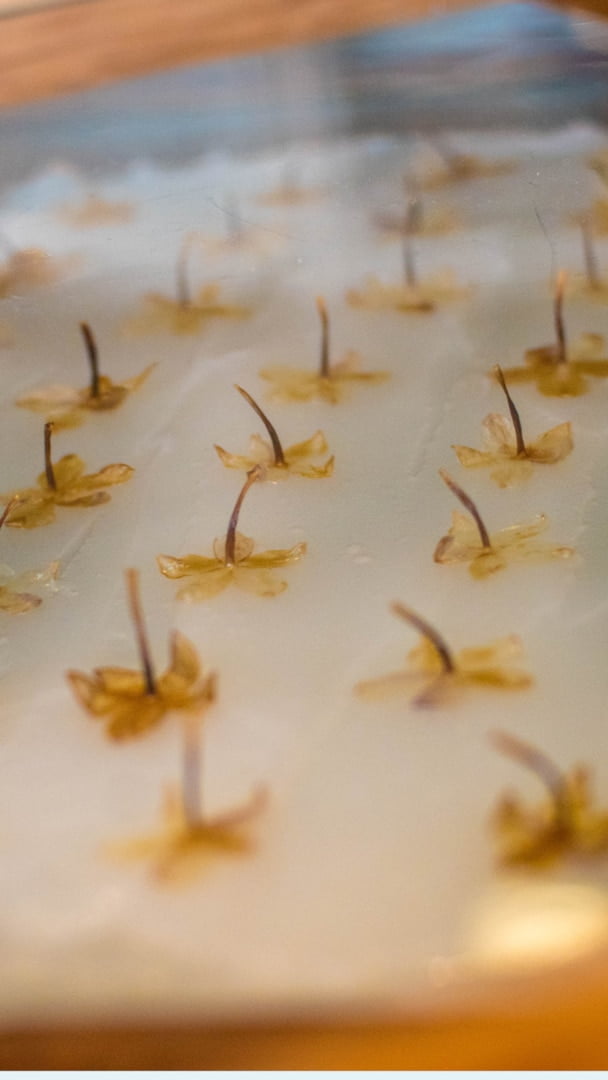
Supercritical CO2
CO2 is a crucial element to this production process for a natural perfume. Through high pressure and extremely low temperatures (33 degrees Celsius, CO2 enters a fluid state. Similar to other processes, CO2 takes on the role of a solvent but maintains its fluid nature as a gas.
The invention of supercritical CO2 means it is now possible to obtain extracts whose purity and clarity are indisputable. These extracts also have not been through a process of high temperatures and neither do they contain any solvents.
Less volatile odoriferous substances such as those within spices can be extracted by CO2 as well. When it comes to dry and raw materials that don’t respond well to traditional techniques, CO2 produces excellent extractions.
This is because CO2 doesn't actually interact chemically with any of the essential oils that may be extracted. In order to remove the CO2 solvent, one simply needs to reduce the pressure and the CO2 will immediately return to a gas.
The CO2 used is also recycled during the process making it a very sustainable form of production of natural perfume. As a result, it has become a more popular method of extracting essential oils from botanical material.
You Don't Need To Be A Connoisseur To Enjoy A Natural Perfume
Browse our Collection of Natural Fragrances
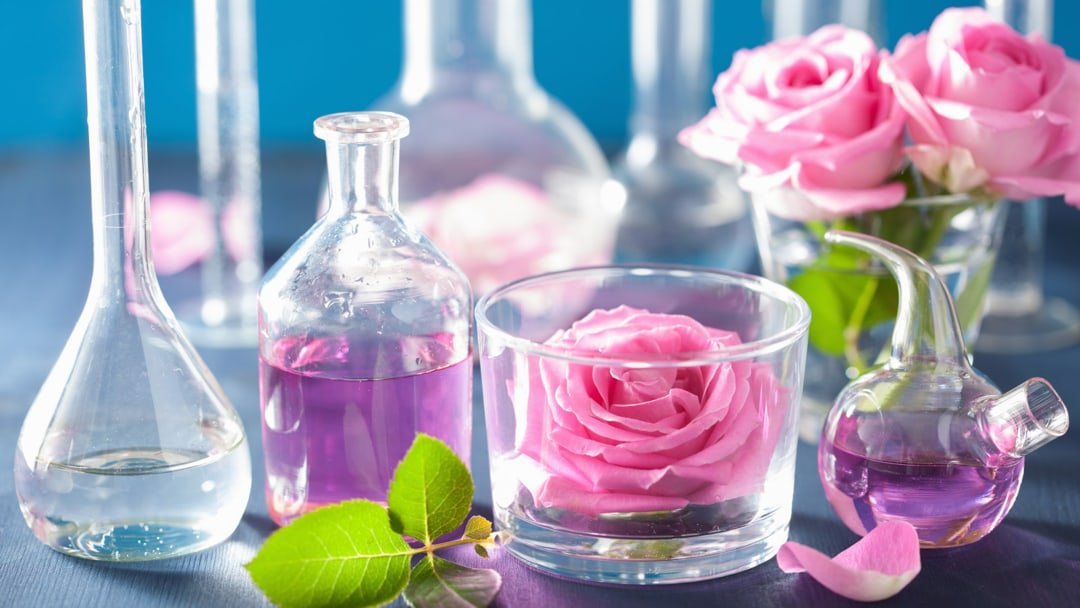
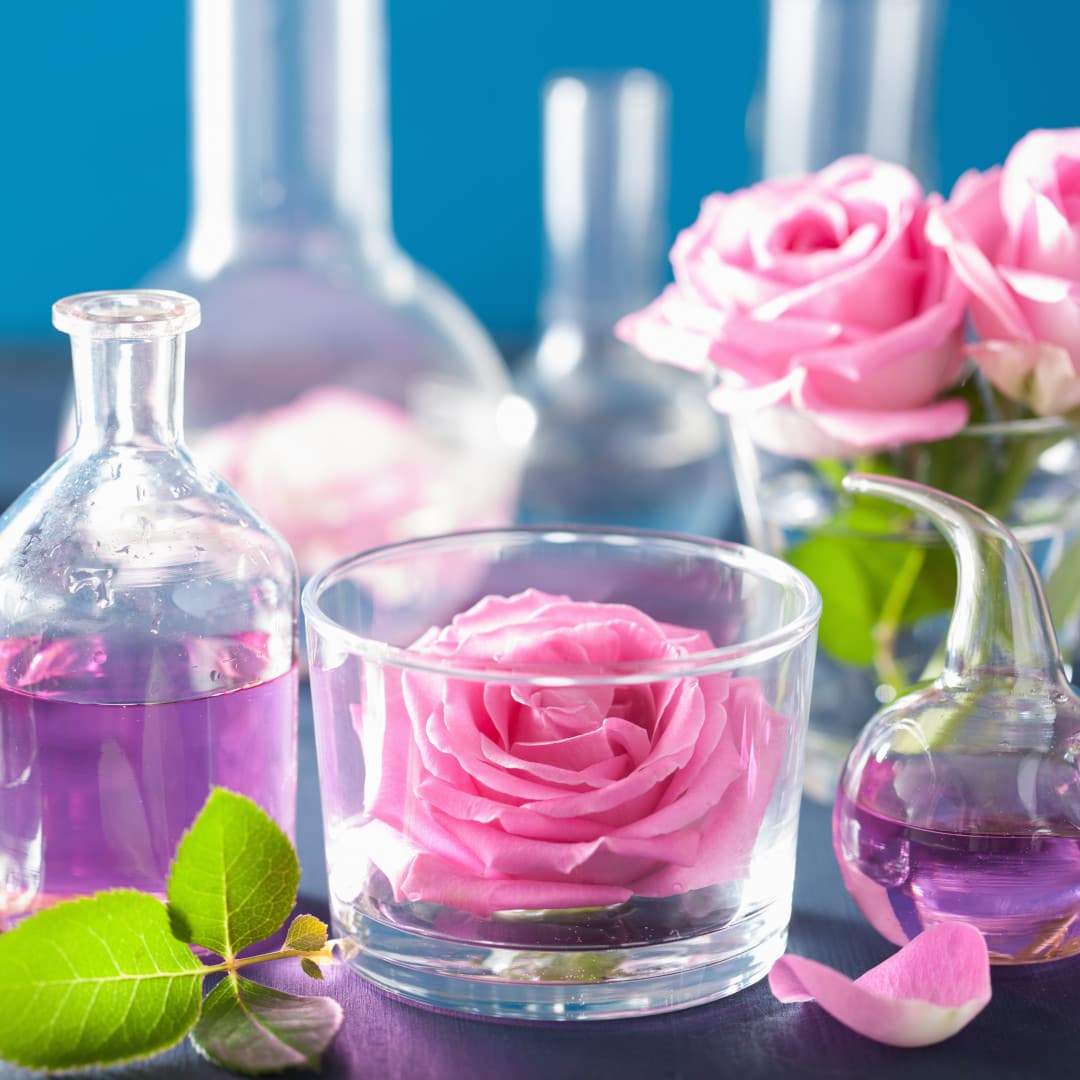
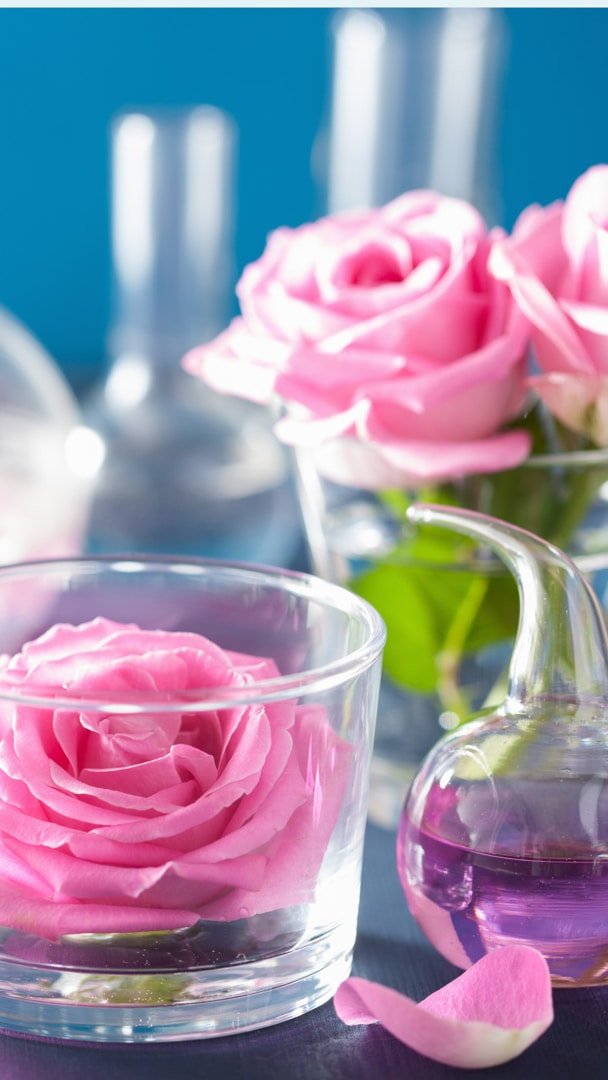
Bio-fermentation
The next time you appreciate the natural fragrance of vanilla or lavender, that natural aroma could actually come from baker’s yeast.
A report from Chemical & Engineering News explains how being able to use yeast and bacteria engineered in a lab to manufacture perfume normally derived from botanical sources is a secretive evolution in the natural perfume industry.
Humans, as a species, have worked tirelessly to harness high-quality bouquets for centuries. In the past, this process has required painstaking hours extracting plant oils from exotic plants in far-flung countries. So far the natural perfume industry has been able to rely on such supply chains and logistical projects. However, after seeing the disruption caused by COVID and how fragile the system would be following other crises such as war or corruption, innovation has proven to be a more reliable ally.
This challenge was also apparent a decade ago in 2010 when there was a patchouli oil shortage which inhibited the production of incense in personal and home care products. This shortage was primarily attributed to the volcanic eruptions, earthquakes, and rainy weather which damaged crops as well as disrupted supply chains.
Thanks to scientific innovations, the manufacturing of fragrances using microbes have become a much-welcomed possibility.
A lot of the hardest oils to naturally obtain (examples of such would be sandalwood, orange, rose and grapefruit) can now be sourced and manufactured from a petri dish thanks to biotechnological developments.
Evolva, Isobionics and Allylix along with other biotech firms claim they have the ability to produce almost any plant-derived molecule. Excluding the inherent complications in the scaleup of production, the potential is limitless.
This also doesn’t simply have to be limited to natural perfumes currently being produced. At the 2016 World Perfumery Congress in Miami, another biotech firm by the name Ginkgo Bioworks explained the concept of naturally creating ancient bouquets.
They are developing a process where it will be possible to extract the DNA from currently existing plants and then reproduce the fragrance that quite possibly wouldn't have been appreciated for thousands of years.
In fact, Ginkgo Bioworks has already used bakers’ yeast to produce the sweet, musky smell of rose and other fragrances.
In the words of the late and great William Shakespeare, “A rose by any other name would smell as sweet.” Who thought that ‘other name’ would be a microscopic fungus.
Are Natural Perfumes High On Your Agenda?
Enjoy the Magic of Nature in Your Perfume
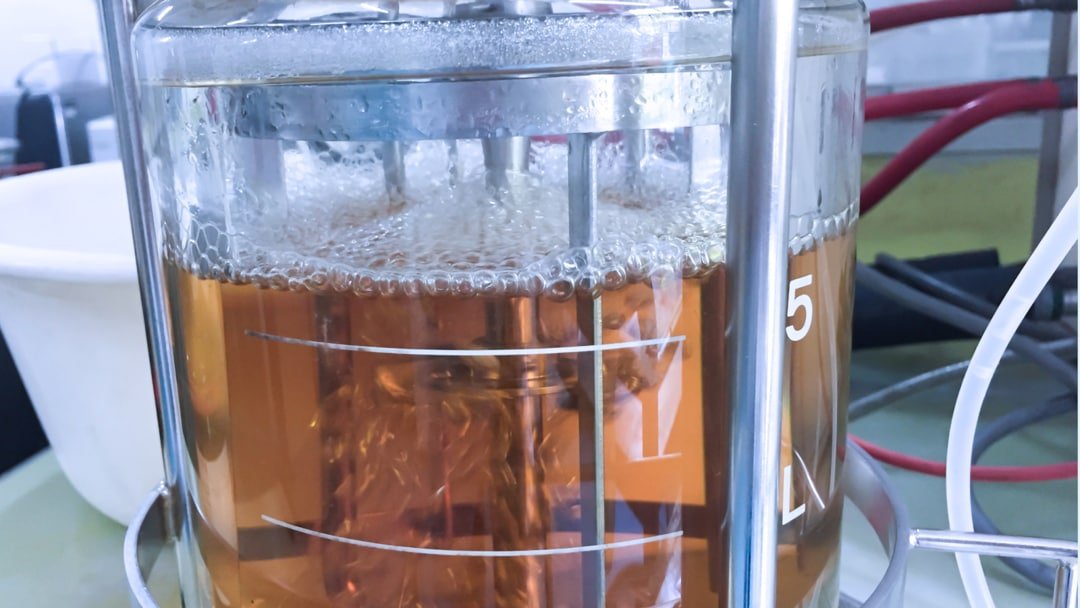
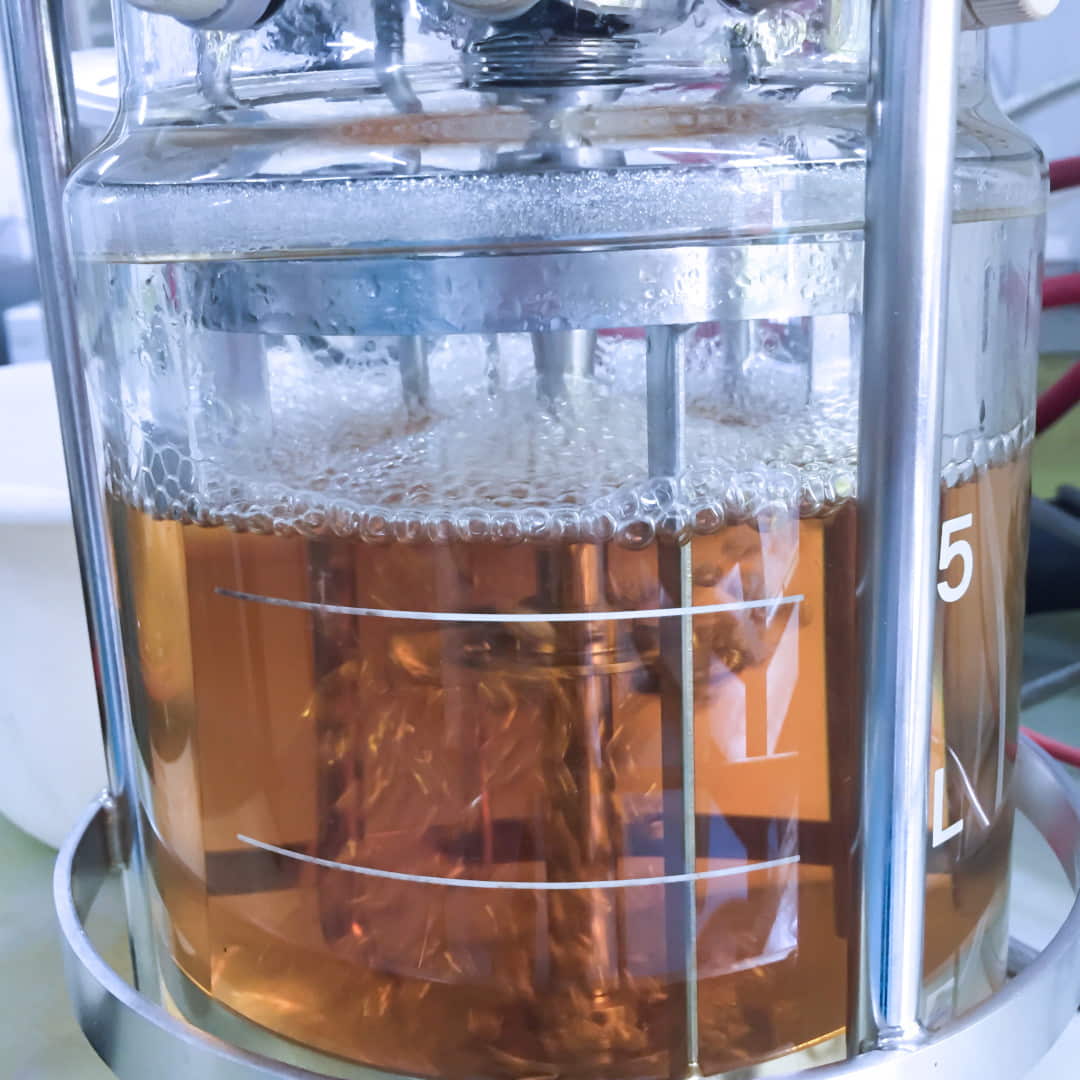
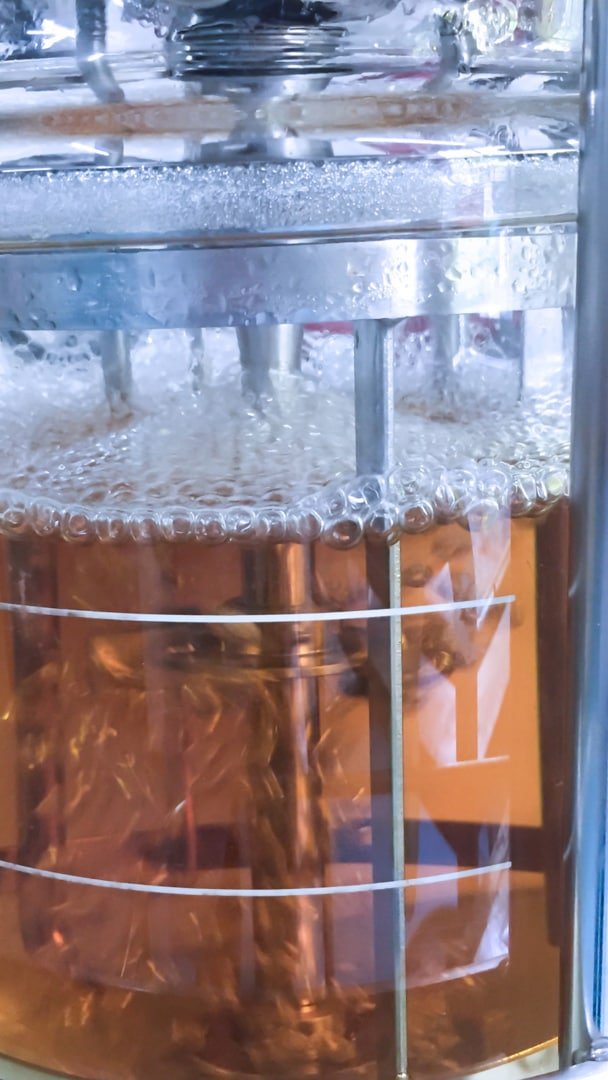
4. The Future of Natural Perfume
The future of natural perfumes will be determined by two main factors:
- new natural manufacturing process for perfumery ingredients, and
- the demand for 'natural perfumes' from consumers.
Today, 'natural perfumes' are still very much a niche product but it is already apparent that the demand is growing for 'safe' perfumes that are created & produced in harmony with 'nature'.
For the past decades, the Prestige Perfumery Houses have been replacing natural perfumery ingredients with synthetic materials for various reasons, e.g. cost, safety, availability, consistency, performance, stability, ...
Before 'natural perfume' can go mainstream, one of the main challenges for the Perfume Rawmaterial Industry is to replace its pallet of ingredients with a range of materials that are natural and still meet the demands of the Prestige Perfumery House. This can unfortunately not be achieved overnight and will take many years.
It is only now because of the advances in manufacturing techniques we outlined and the strong demand from consumers that the industry makes a 'full circle' and goes back to its roots of 'natural fragrances'.
Today, 'Natural Niche Perfumes' are no longer enjoyed only by Parfumistas, CognoScenti and Fragrancistas but they are starting to move into the mainstay of perfumery.
The future of Natural Perfume is bright, safe and kind to the environment.
Pairfum London is at the forefront of this generational shift in perfumery. Just browse our Niche Perfumes and discover the fragrance that is perfect for you.
Naturally You!
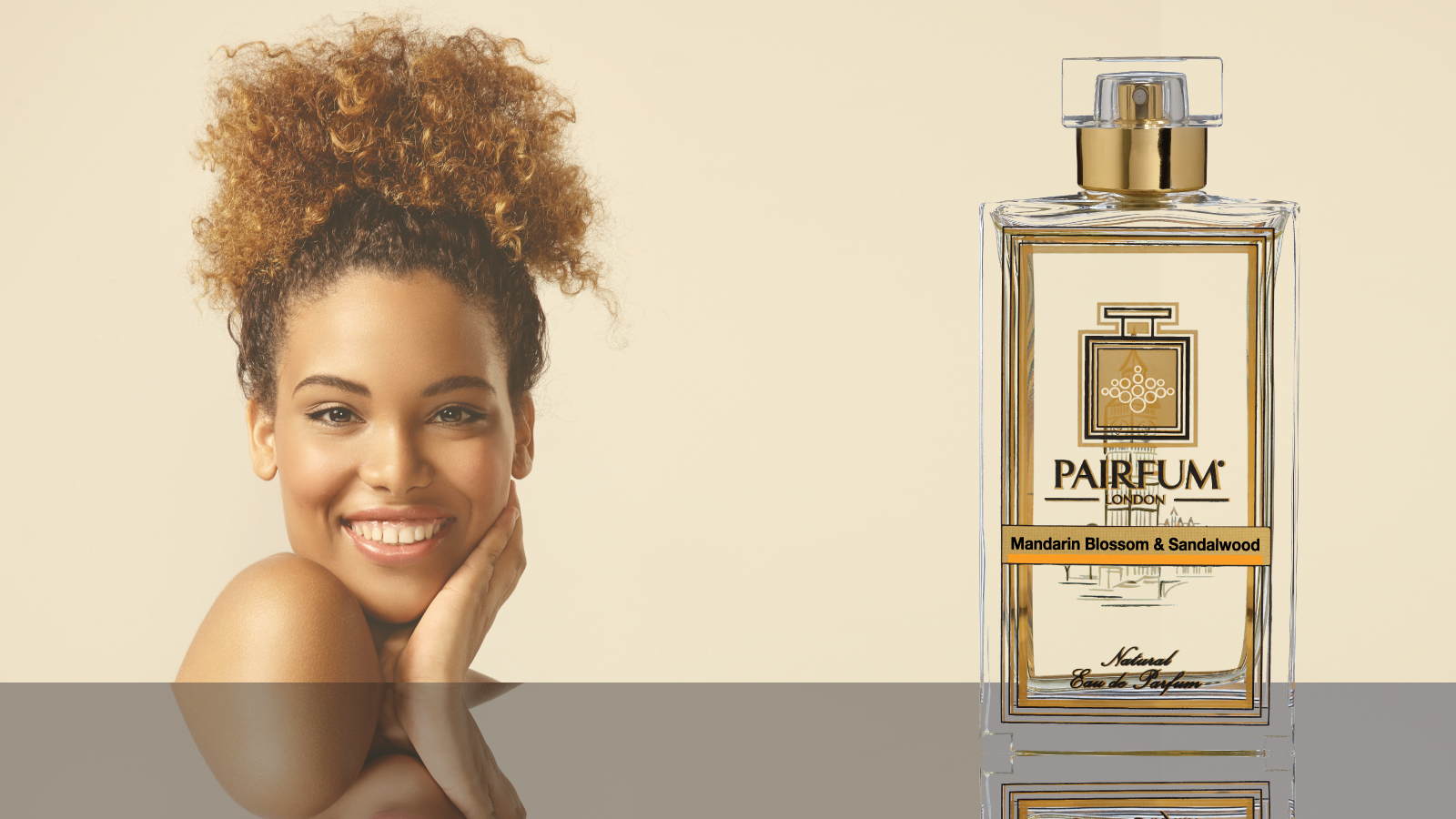


Enjoy the Compliments for Your Fragrance.
Magazine & Blog
Read in our Blog & Magazine about:
- Anything 'Making Scents', e.g. perfume memories
- Home Fragrance, Couture Perfume, Skin / Bath / Body Care
- Ingredients, e.g. natural / organic essential oils, flowers, bees, waxes.
- Your Home, e.g. beautiful interior designs, architecture, decor, ...
- Food, Drink, e.g. essential oils in foodd, desertd, drinks,...
- Britain, e.g. London, the Queen and Royal Family, ...
The Fragrance Boutique
Enjoy shopping in our online Boutique:
Natural Home Fragrance:
Luxury Scented Candles, Reed Diffusers and Refill Oils, Perfume Room Sprays, Sleep & Pillow Sprays, Fragrant Botanicals, Wardrobe Sachets, Drawer Liners, ...
Natural Perfume:
Eau de Parfum "Intense" Sprays, Eau de Toilette Sprays, Eau de Parfum Travel & Purse Sprays, The Perfume Experience Box, ...
Organic Bath, Body & Skin Care:
Hand Lotions and Creams, Hand Oil & Washes, Body Lotions, Body Washes and Shower Oils, Foam Bath, Hand Soap, …
Gifts & Giftsets:
Giftboxes, Giftsets, Luxurious Gift Bags & Tissue Paper, Gifts for Men, ...
Be Your Authentic Self and Enjoy a Luxury PAIRFUM

